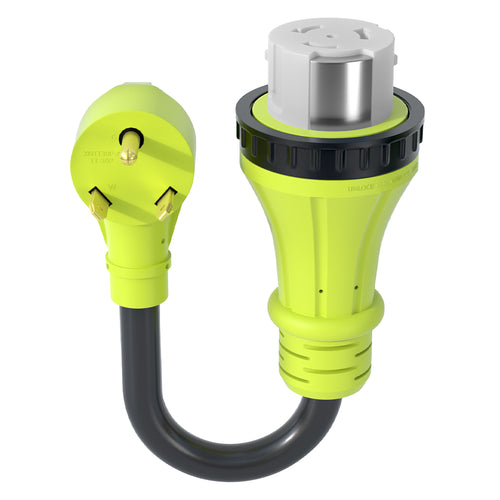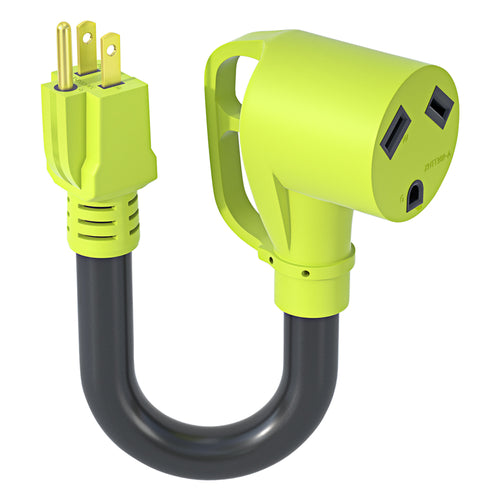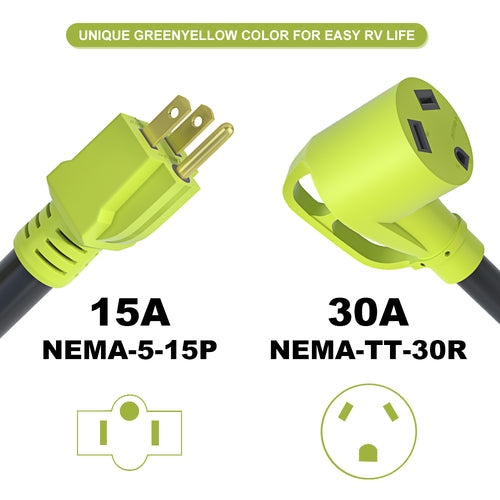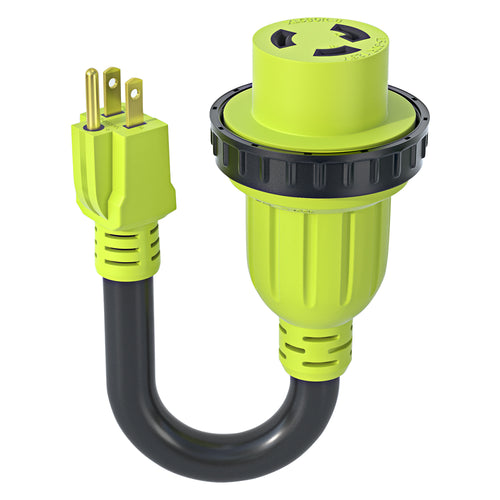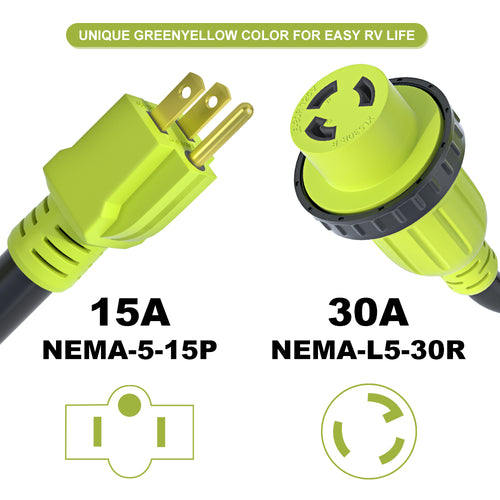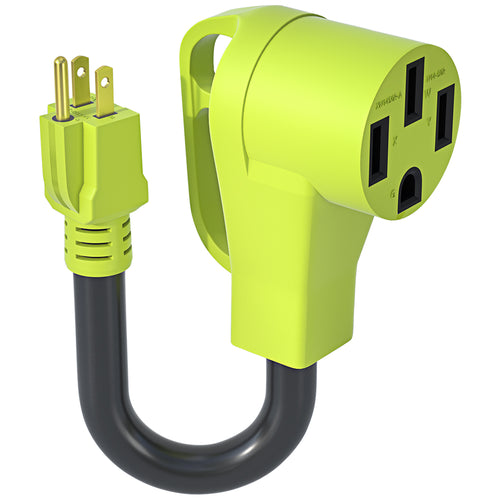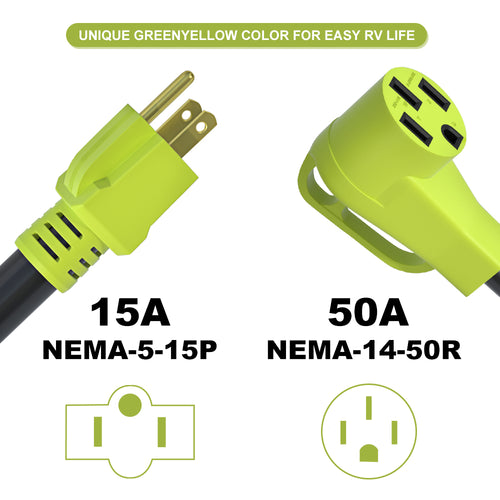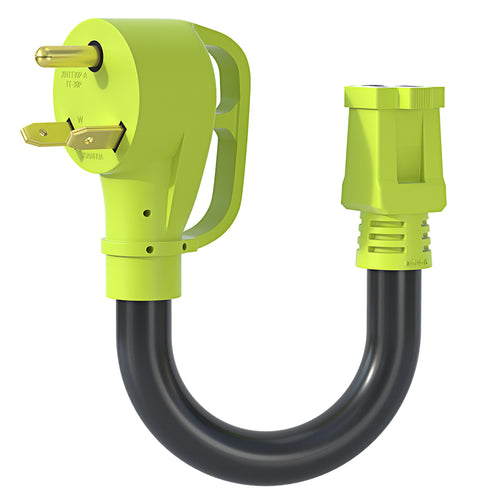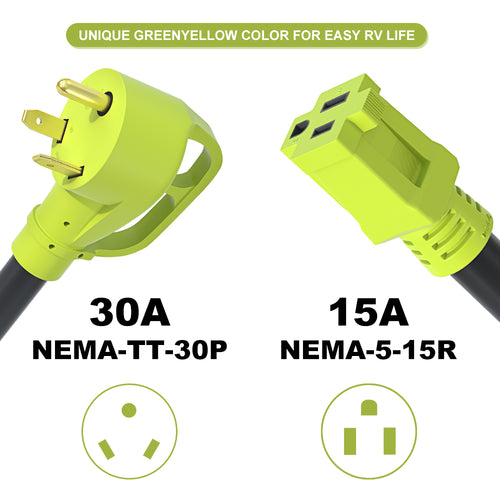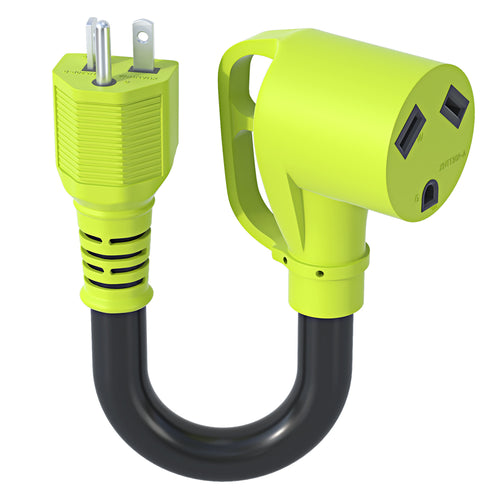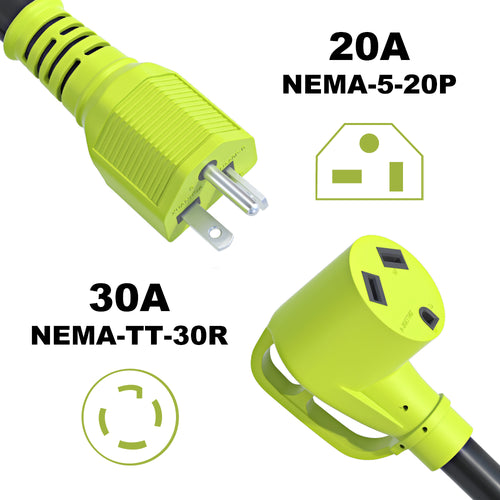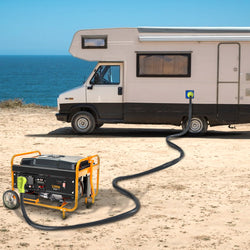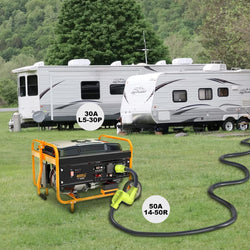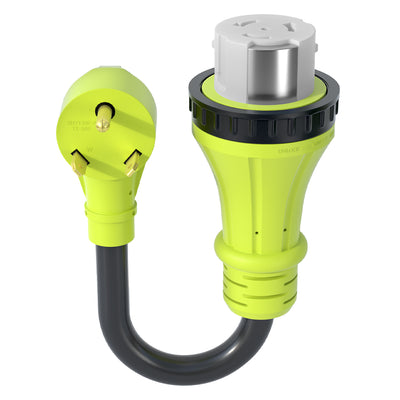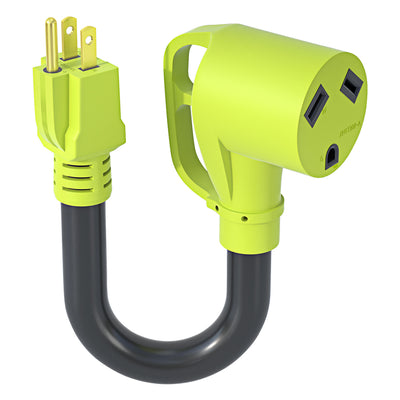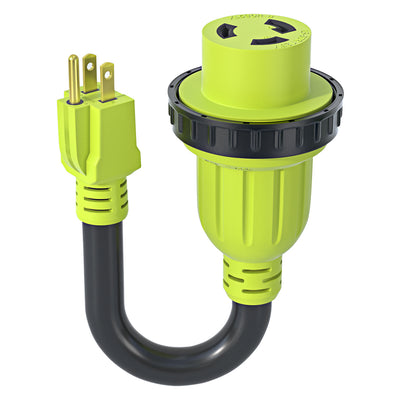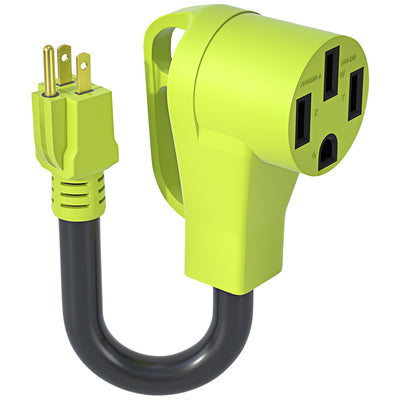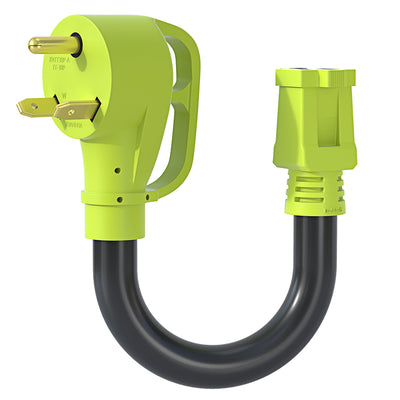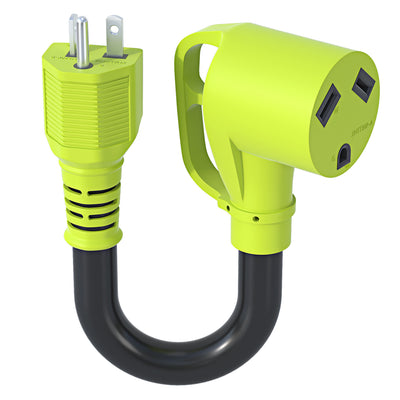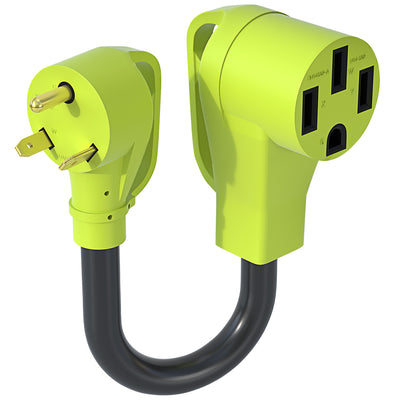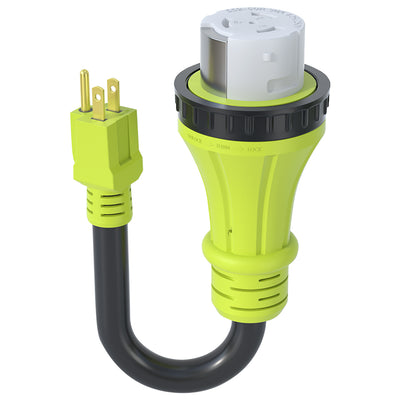Safe Use of Generator Power Supply
With the advent of RV season, we're going to start planning our trip. Go around and have a good holiday. What should we do when we choose to use portable generators to power us?
When we use the RV and / or generator, there will be some gases. What are these gases? It is carbon monoxide and Co. if exposed to this gas, it may cause disease or worse. We want to make sure you understand the best practices to use when using the generator.
Carbon monoxide is a tasteless, odorless, invisible gas that occurs naturally through combustion, or, the process of burning. Low exposure to carbon monoxide can cause symptoms similar to the flu. In high doses, exposure to carbon monoxide can be lethal.Any appliance that burns fuel indoors could be a potential source for carbon monoxide including gas stoves, clothes dryers, water heaters, furnaces, grills, generators, car engines and fireplaces.Carbon monoxide is invisible and difficult to detect. Awareness about carbon monoxide poisoning can save lives. Carbon monoxide often enters the home via an appliance that is malfunctioning or an engine that has been left running.
We should check the generator and RV exhaust system in advance to ensure that they are not damaged and can operate normally. Another very important tip is to make sure that your portable generator exhaust is away from your RV and campsite. Therefore, we need to prepare a long extension cable of RV adapter to ensure that your generator is at least 5-6 feet or more away from the RV. The extension line in the figure below is our l1430pr, which is 10, 25, 50, 75 and 100 feet in length. If you have any needs, please contact us and we will find the solution you want for you.
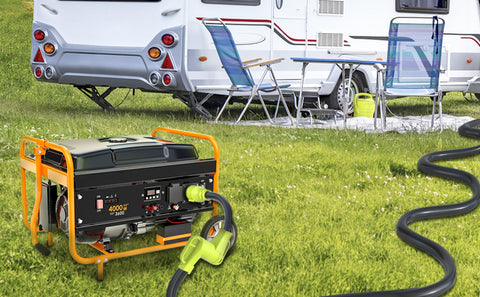
reminder:
① When everyone is sleeping, stop running your generator. If a problem with the generator causes carbon monoxide to enter your RV, you may never know.
② Make sure that the generator is placed on dry, level ground. If it's raining or snowing when you go camping, at least try to cover the generator on the roof or some kind of roof.
③ Store the generator fuel in a suitable storage container outside the RV. Keeping fuel in an RV is a fire hazard. You also want to avoid placing it next to the generator, because if fuel splashes on the hot generator, it may cause a fire.
④ When you need to pack up and go home, make sure your generator is completely cooled before loading it into the RV.
content of interest:Source of Electricity





